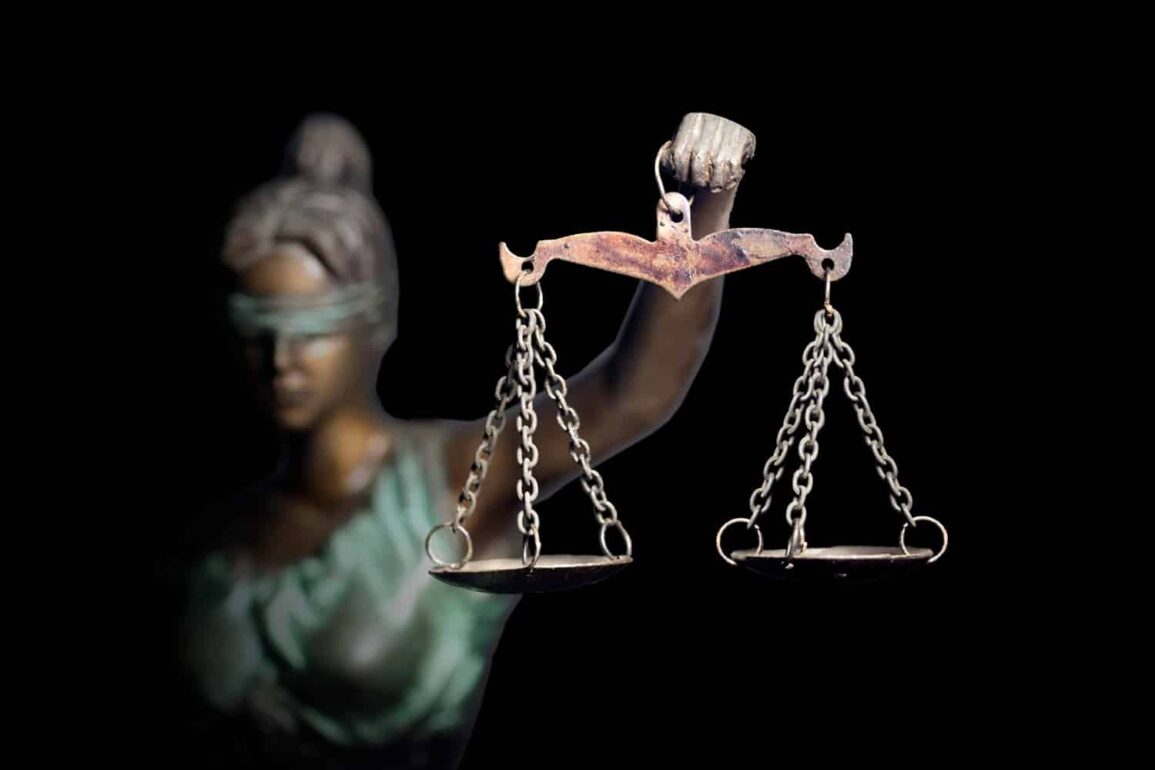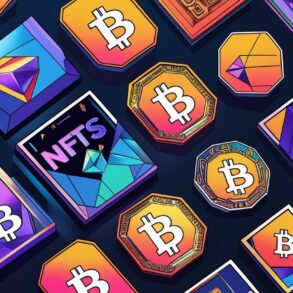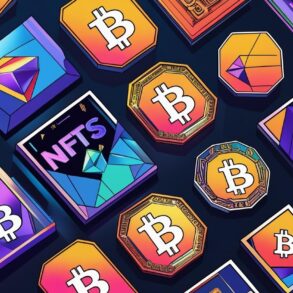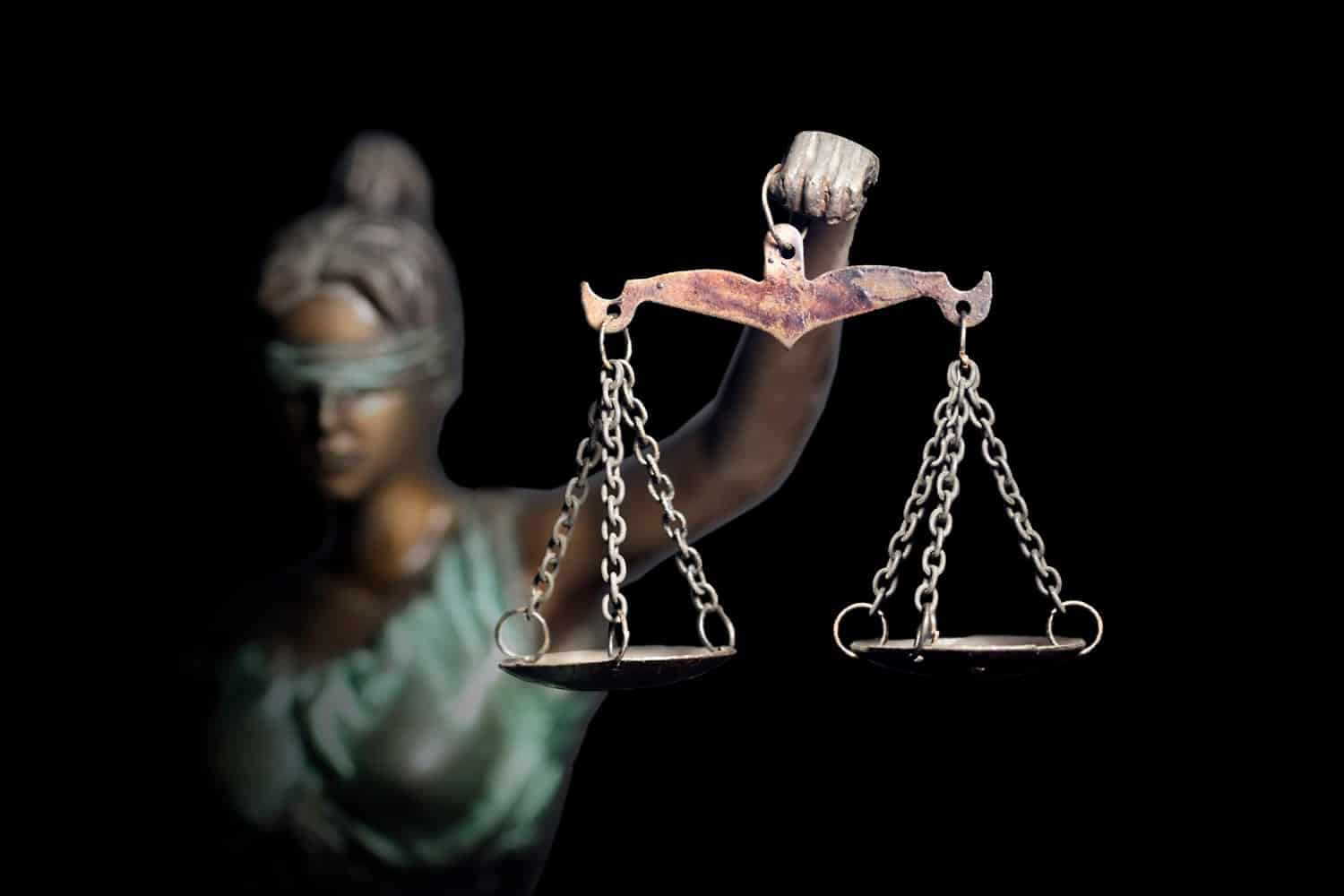
The trial of a suspected crypto fraudster who allegedly told victims they were investing in an art-themed altcoin and NFTs has begun at court in Gwangju, South Korea.
According to Munhwa Ilbo, prosecutors say an individual surnamed Tak, aged 44, “defrauded” 13 “victims” out of approximately $2.1 million.
The court also heard that Tak “received and stole $318,000” from investors who backed the alleged fraudster to “buy a [crypto] trading firm.”
Prosecution officials said Tak also raised money by claiming to make “proxy investments in Ethereum (ETH).”
Investigators claimed Tak posed as a “competent [crypto] investor who had earned a large amount of money by trading coins.”
🤔🇰🇷 South Korea’s Biggest Supermarket Says Next-gen ATMs May Be Crypto Compatible
Emart, South Korea’s largest retailer and supermarket chain, says its new next-generation ATMs could offer trading functions with crypto and security tokens.#CryptoNewshttps://t.co/Sf0TlCjtnm
— Cryptonews.com (@cryptonews) December 7, 2023
South Korean ‘Altcoin Fraudster’ ‘Paid Broker to End Investigation’
Tak allegedly told would-be investors that they would get “high returns and guaranteed stake returns” if they invested in a selection of “unlisted stocks.”
Tak also reportedly told investors they would make money from investing in altcoins “linked to NFT artworks.”
The court heard that Tak approached potential investors from 2021 to 2022, at the height of the NFT boom.
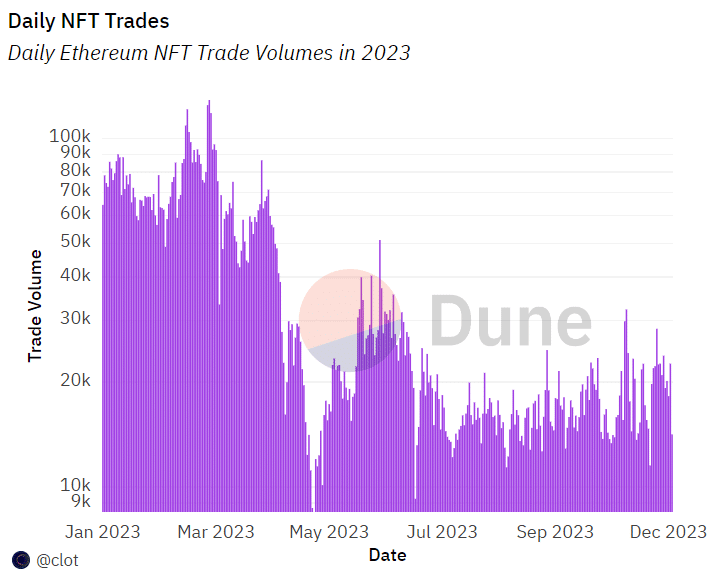
Prosecutors also told the court that Tak tried to throw police investigators off the scent when they launched a probe.
Officials said that Tak contacted a “legal broker” surnamed Seong (age 62), and paid the latter to help “stop the investigation.”
Prosecutors explained that Tak had paid Seong over $ 830,000 to help put an end to the investigation.
However, during the cross-examination, Tak denied claims that the payment “was not an above-board transaction” and pleaded for clemency. Tak told the court:
“It was a normal transaction and I repaid some of the damages to the [alleged victims].”
The court is set to reconvene on January 8.
Last week, the nation’s top financial regulator ruled that most NFTs are not subject to crypto-related laws and regulations.
Earlier this year, lawmakers said they would create legislation that differentiates CBDCs and other assets from fungible cryptoassets like Bitcoin (BTC).
This post was originally published on this site be sure to check out more of their content




